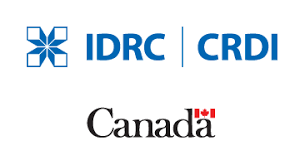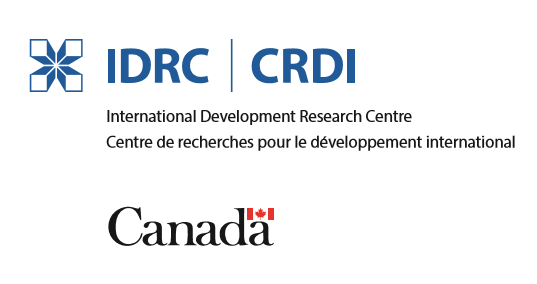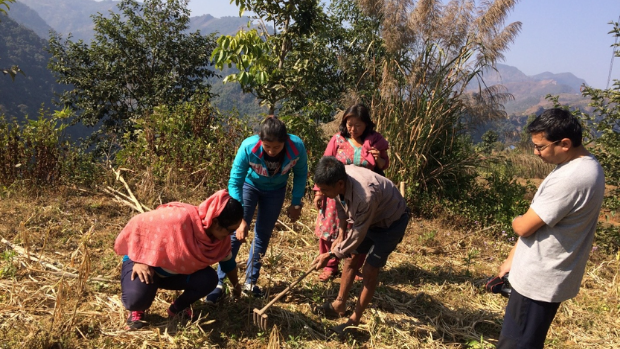
2019 IDRC Doctoral Research Awards for Study in Canada
Deadline: May 23, 2019.
Part of Canada’s foreign affairs and development efforts, IDRC invests in knowledge, innovation, and solutions to improve the lives of people in the developing world.
IDRC supports research in developing countries to create real and lasting change. This knowledge can be used as a tool for addressing pressing global challenges.
ELIGIBILITY
This call is open to Canadians, permanent residents of Canada, and citizens of developing countries pursuing doctoral studies at a Canadian university.
To be eligible, you must meet the following requirements:
- You must be a citizen or permanent resident of Canada, or a citizen of a developing country, excluding countries in Southern and Eastern Europe, South Caucasus and Central Asia (but including Afghanistan).
- You must be enrolled at a Canadian university at the doctoral level (when you submit your application, you must have completed several courses of the doctoral program, but not necessarily all courses).
- Your research proposal must be approved by your thesis supervisor. Please provide proof.
- Your proposed field research must take place in one or more developing countries and be conducted for a doctoral dissertation.
- Your field research must correspond to IDRC thematic priorities. Applications proposing field research outside these thematic areas will not be considered.
- You must provide evidence of affiliation with an institution or organization in the developing region(s) in which the research will take place.
- You must have completed coursework and passed comprehensive exams before taking up the award.
- You may not be in receipt of two or more active IDRC awards at the same time. No time overlaps will be permitted.
AWARD
Approximately 20 awards of a maximum of CA$20,000 each.
EVALUATION CRITERIA
The following criteria will be used to evaluate applications:
- Fit with IDRC mission and thematic priorities;
- Overall appropriateness, completeness, quality, and clarity of the research proposal;
- Overall methodology and considerations of cultural, logistical, and scientific constraints;
- Overall feasibility, duration, and timing of the research;
- Originality and creativity of the research;
- Potential contribution to existing knowledge on the issue;
- Gender dimensions of the research;
- Ethical considerations of the research;
- Benefit to the communities where the research is taking place;
- Suitability of the affiliated institution;
- Potential for research results to be disseminated and used;
- Budget;
- Applicant’s capacity to conduct the proposed research, including academic training, local language capacity, professional skills, research experience, and knowledge of country/region of research.
OFFICIAL LINK


